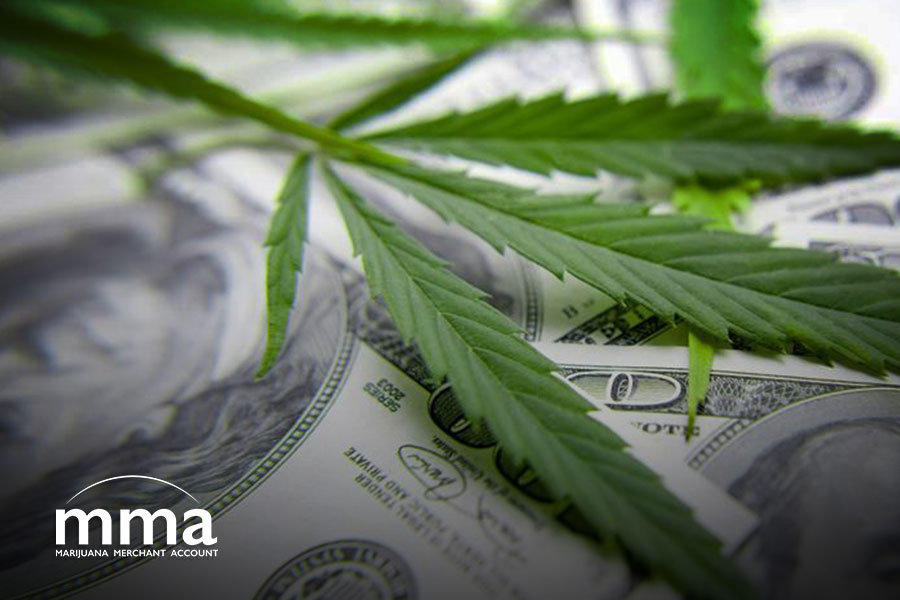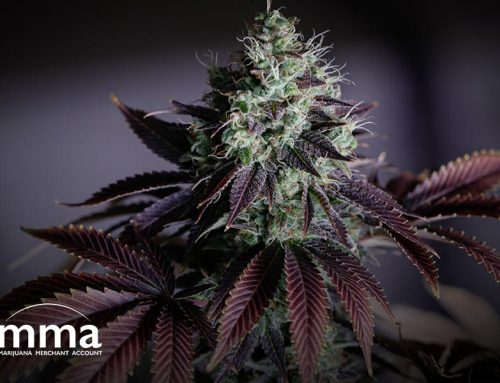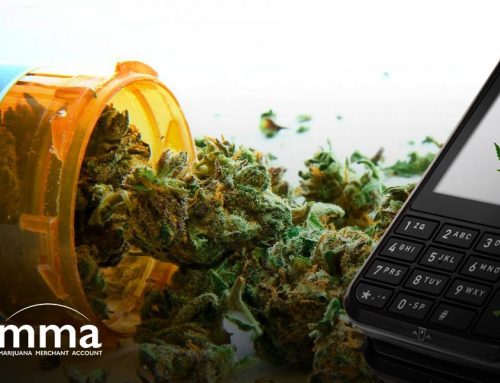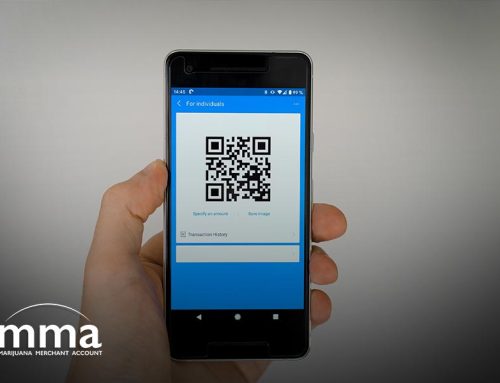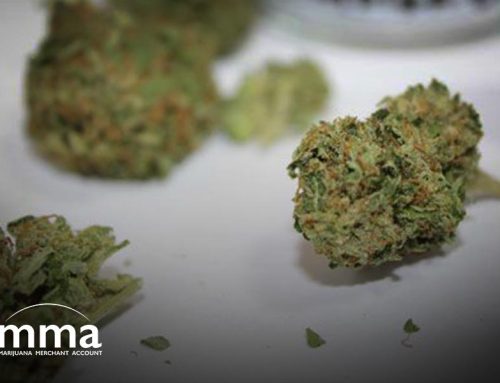Lack of banking access has been a stumbling block for the billion dollar U.S. cannabis industry, and a federal bill aiming to change that may finally get enough traction this year for a vote.
The Secure and Fair Enforcement (SAFE) Banking Act would change the regulatory landscape for financial institutions that provide services for cannabis-licensed and cannabis-related businesses in the U.S. Currently, banks and credit unions that do choose to work with cannabis clients must spend time and resources tracking these accounts, making suspicious activity reports when necessary, and potentially receiving the ire of federal law enforcement. Although there are banks working with cannabis clients, the federal rules are murky at best and make risk-averse institutions stay away.
The passing of the SAFE Banking Act would change that. But how, exactly? It may seem like a simple concept, but finding a place for cannabis in the complex banking regulations is a big task. Here are some of the big changes that would happen if the SAFE Banking Act is enacted:
1. No more federal liability for financial institutions serving cannabis clients
While state-legal cannabis entities have moved away from criminal risk, they have moved into the “perceived risk” of a federally illegal and new, changing market. This makes financial services harder to come by. But by removing the federal liability banks currently face working with cannabis clients, many more options will become available from more banks.
2. Commercial lending becomes an option
Due to the lack of financial services, private investors have been the primary way many companies have raised the funds necessary for their operation. If the SAFE Banking Act passes, lenders will no longer have their interest in the assets tied up in the event of forfeiture.
3. State-legal help and ancillary cannabis business profits will be considered legitimate
These kinds of operations would no longer be considered “unlawful activity” and wouldn’t be scrutinized against anti-money laundering laws like they are now.
4. Access to checking accounts
Many non-cannabis businesses may take their access to basic checking account features for granted, but cannabis businesses certainly appreciate them when they get them. While there are many financial institutions now that offer checking accounts that are compliant and transparent, they are still not as easy to find as they are for other businesses. The SAFE Banking Act would remove many of the limits and more banks are likely to get on board.
5. Access to legitimate credit card networks … maybe
The SAFE Banking Act would relieve credit card companies of liability from working with cannabis companies, but that may not be enough. Visa, MasterCard, and other major networks have claimed that passage of the act would not change their stance of prohibiting cannabis transactions as it is still a federally illegal good.
6. Normalizes cannabis business
Cannabis businesses have long been ostracized from business communities because of the illegal nature of cannabis. But with state legalization, the tide has been changing. With every gain that licensed businesses get, they begin to be on equal playing ground with established industries that have no cultural stigma. If more financial institutions have the freedom to work with cannabis clients, it’s a step closer to it becoming an accepted, necessary industry.
–
Do you think the SAFE Banking Act will pass this year? Let us know in the comments.

